EU declaration conformity
Damper actuator controller | 0-1000 Pa | 24 VAC - VDC
Product description
Differential pressure controller for damper actuators. The supply voltage is 24 VAC or 24 VDC. The operating range is 0 to 1.000 Pa.
The damper position is controlled to keep the differential pressure or air volume flow constant at the setpoint. Air velocity control is also possible in combination with a Pitot tube.
The analogue output controls damper actuators via 0-10 V. This output type is selectable.
The four LED indicators provide a visual indication of the transmitter status and the controlled value. The setpoint, response time and all other settings can be adjusted via Modbus RTU.
The enclosure offers an IP65 protection against ingress of dirt and water.
Documents
Additional specifications and description
What are the Primary Functions and Control Capabilities of this Differential Pressure Controller?
This differential pressure controller controls damper actuators. The damper position is controlled to keep the differential pressure [Pa] constant at the setpoint. The operating range is 0 to 1.000 Pa. It is also possible to control the damper position based on air volume flow [m³/h] or air velocity [m/s]. To control air volume flow based on the K-factor of the fan, use the optional connection set type PSET-PVC-200 or PSET-QF-200. This connection set can also be used to control differential pressure. To control air volume flow based on the duct cross section [cm²] or air velocity [m/s], use the optional connection set type PSET-PTS-200 or PSET-PTL-200. The setpoint can be adjusted via Modbus RTU.
This differential pressure controller controls damper actuators. The damper position is controlled to keep the differential pressure [Pa] constant at the setpoint. The operating range is 0 to 1.000 Pa. It is also possible to control the damper position based on air volume flow [m³/h] or air velocity [m/s]. To control air volume flow based on the K-factor of the fan, use the optional connection set type PSET-PVC-200 or PSET-QF-200. This connection set can also be used to control differential pressure. To control air volume flow based on the duct cross section [cm²] or air velocity [m/s], use the optional connection set type PSET-PTS-200 or PSET-PTL-200. The setpoint can be adjusted via Modbus RTU.
How Does the Controller Provide Visual Feedback?
This pressure controller offers a clear, visual indication of the differential pressure level via the green, yellow and red LED. The green LED indicates that the pressure level is within range. When the pressure level enters the alert range, the yellow LED lights up. Red means: differential pressure out of range. The LEDs can also visualise the status of the air volume flow or air velocity. The second green LED indicates the sensor status. It is activated when power supply and Modbus RTU communication are enabled.
This pressure controller offers a clear, visual indication of the differential pressure level via the green, yellow and red LED. The green LED indicates that the pressure level is within range. When the pressure level enters the alert range, the yellow LED lights up. Red means: differential pressure out of range. The LEDs can also visualise the status of the air volume flow or air velocity. The second green LED indicates the sensor status. It is activated when power supply and Modbus RTU communication are enabled.
How Does the Pressure Controller Control Damper Actuators?
This pressure controller has one analogue output. This output controls damper actuators based on the measured differential pressure, air volume flow or air velocity. The damper position is controlled so that the measured value remains equal to the setpoint value. The setpoint can be adjusted via Modbus RTU. To make this controller compatible with most damper actuators, the output type can be adjusted via Modbus RTU: 0-10 VDC / 0-20 mA / 0-100 % PWM. To match the reaction time of the damper to the application, P and I factors can be adjusted via Modbus RTU.
This pressure controller has one analogue output. This output controls damper actuators based on the measured differential pressure, air volume flow or air velocity. The damper position is controlled so that the measured value remains equal to the setpoint value. The setpoint can be adjusted via Modbus RTU. To make this controller compatible with most damper actuators, the output type can be adjusted via Modbus RTU: 0-10 VDC / 0-20 mA / 0-100 % PWM. To match the reaction time of the damper to the application, P and I factors can be adjusted via Modbus RTU.
What are the Power Supply and Wiring Specifications?
The supply voltage, the analogue output and Modbus RTU communication can be connected via the cage clamp terminal block. They eliminate the need for routine maintenance and guarantee a reliable contact for solid or stranded wires. This sensor controller can be supplied with 24 VDC or with 24 VAC. It is intended for 3-wire connection. The ground of the output (GND) is internally connected to the ground of the supply voltage (V-). Make sure not to connect this common ground to other devices that are powered by a DC voltage.
What are the Enclosure's Material and Protection Features?
The enclosure is made of high-quality r-ABS VO (UL94) plastic. This material is heat resistant, very tough and offers good protection against impacts. The pressure connection nozzles are made from aluminium. The sensor enclosure offers an IP65 protection against ingress of dirt and water. This pressure controller can be wall-mounted.
The enclosure is made of high-quality r-ABS VO (UL94) plastic. This material is heat resistant, very tough and offers good protection against impacts. The pressure connection nozzles are made from aluminium. The sensor enclosure offers an IP65 protection against ingress of dirt and water. This pressure controller can be wall-mounted.

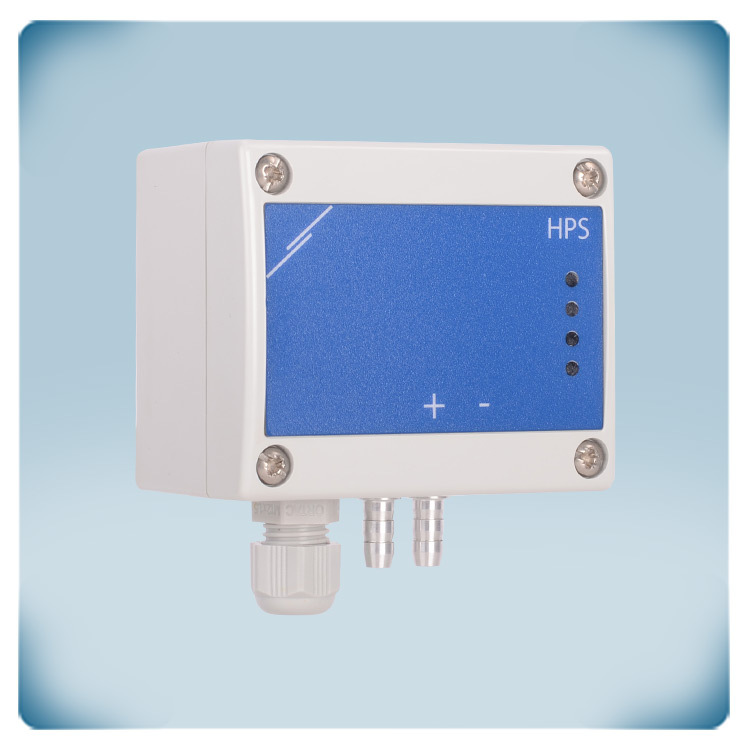
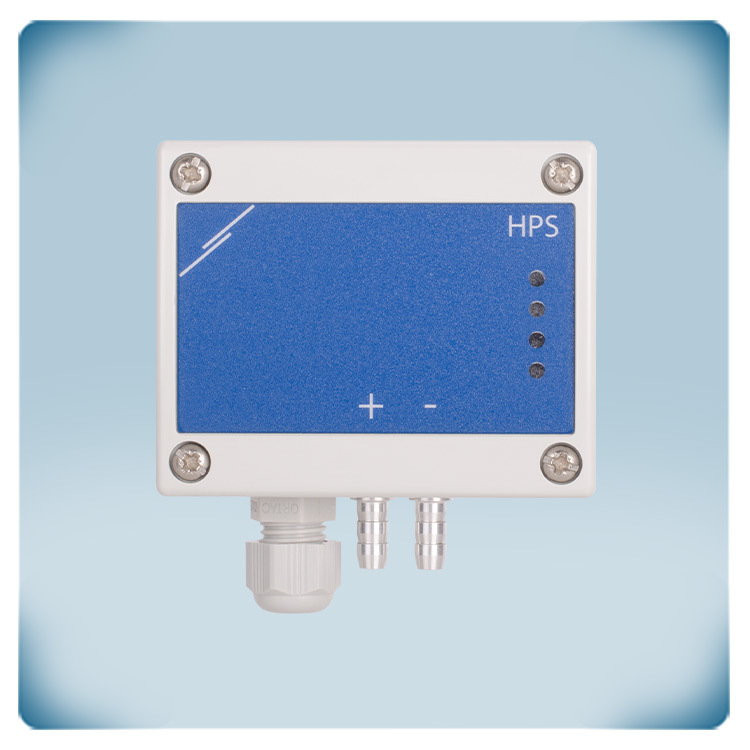
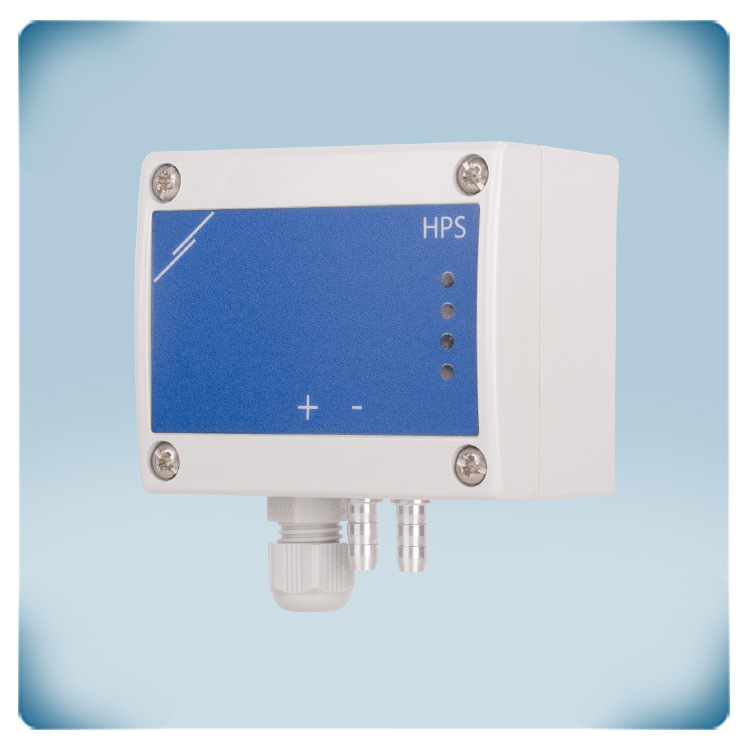
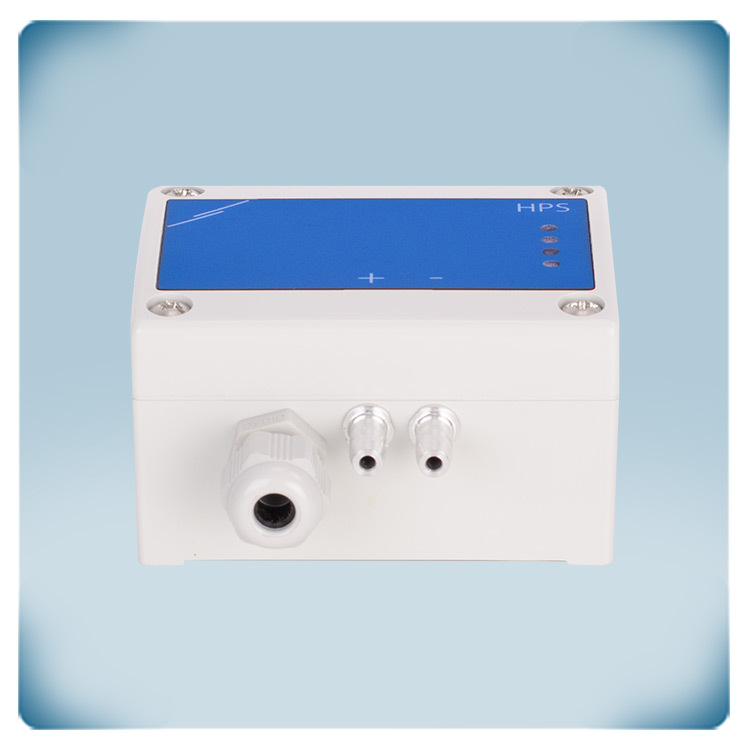
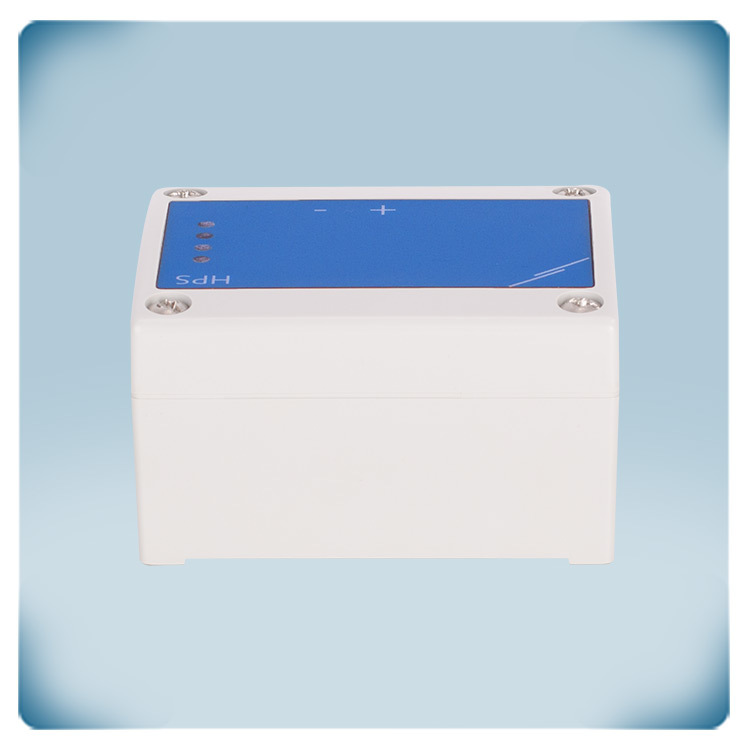
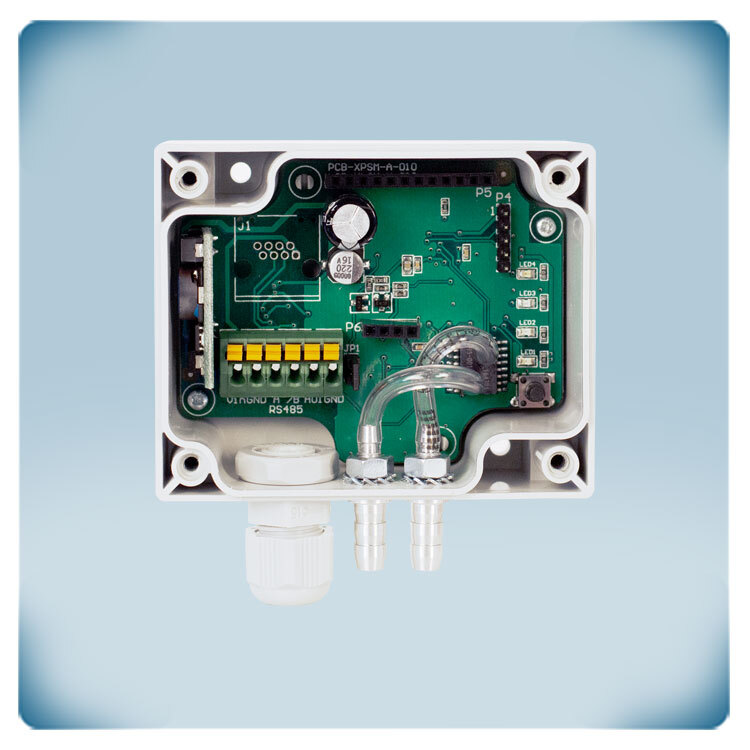
.webp)
.webp)
.webp)
.webp)
.webp)
.webp)
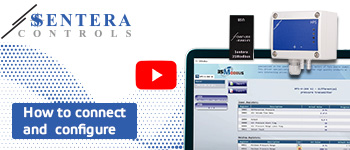
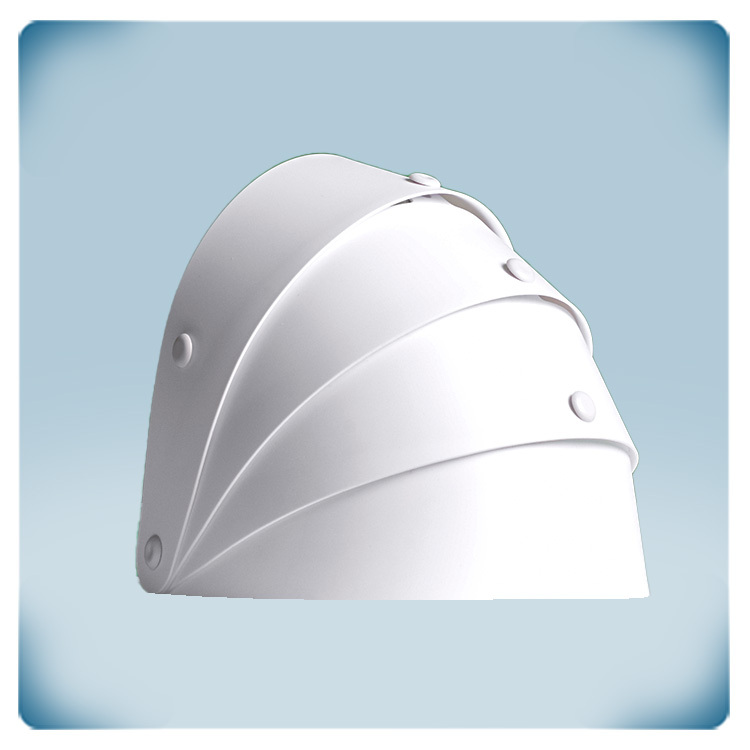
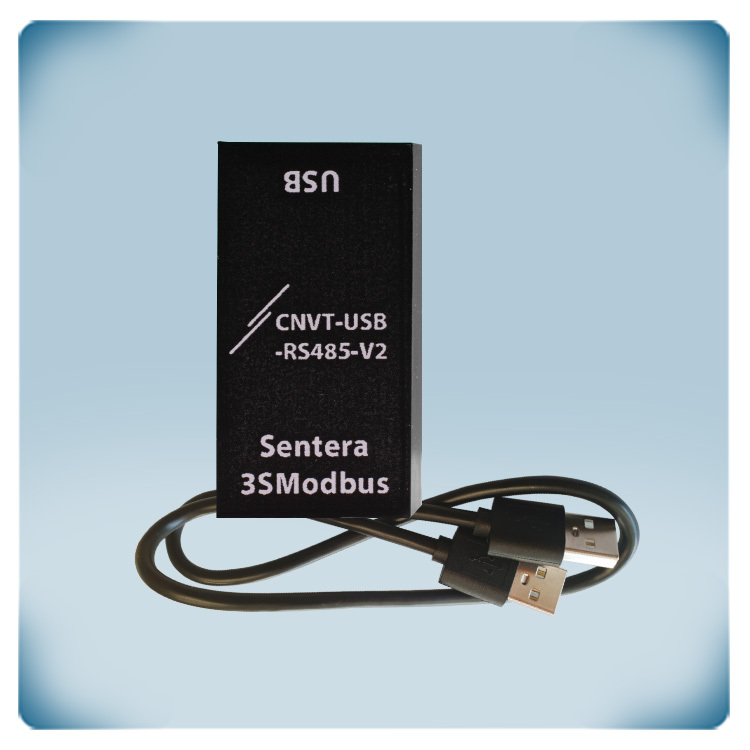
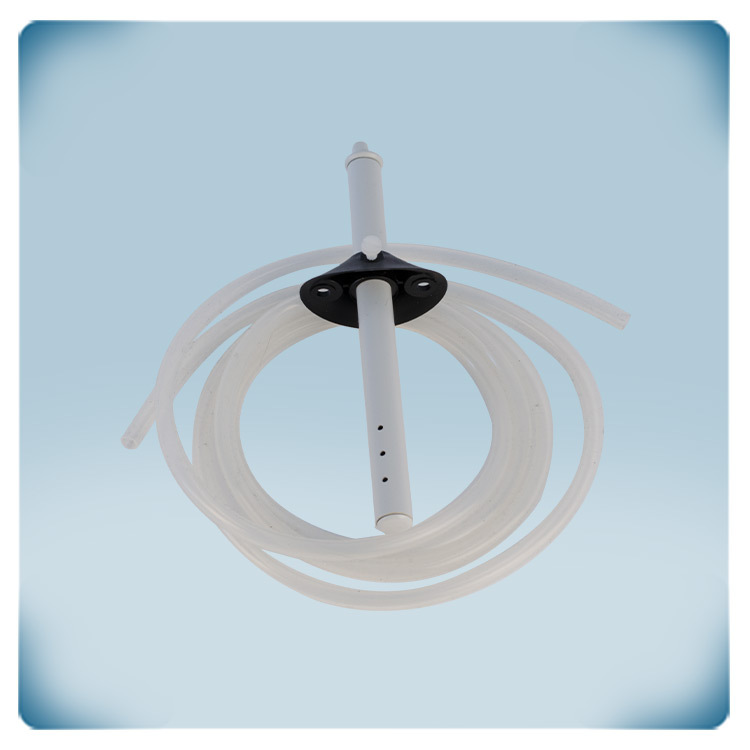
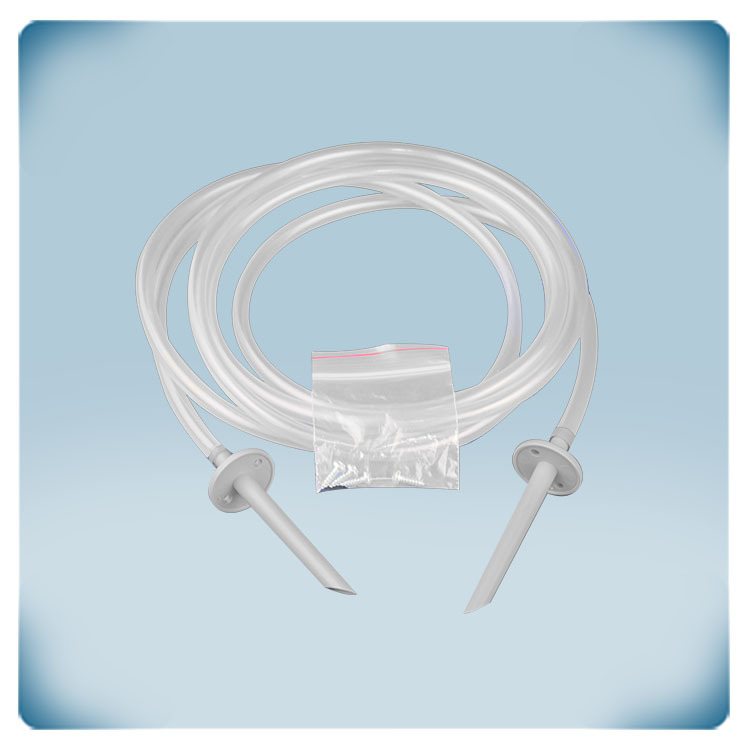
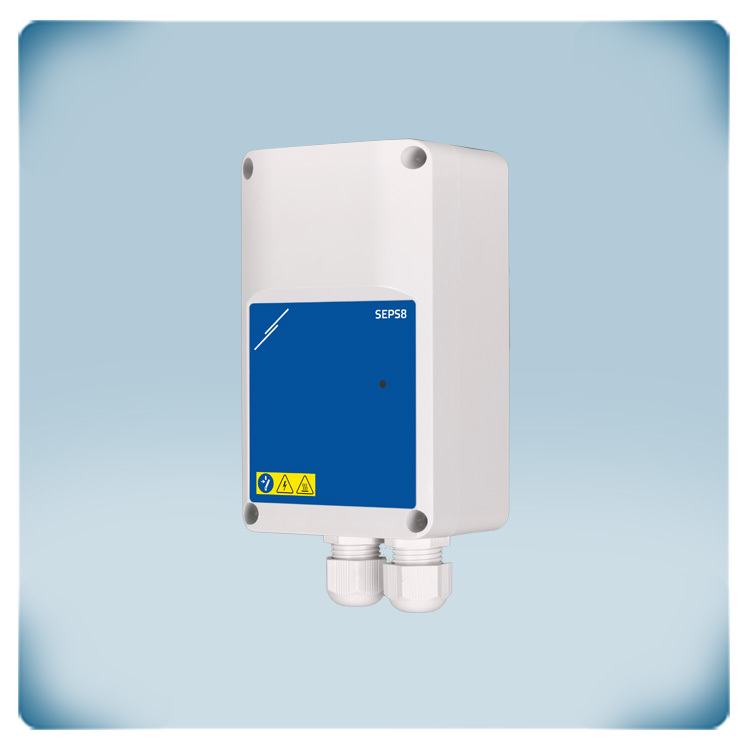
Remarks, reviews & ratings